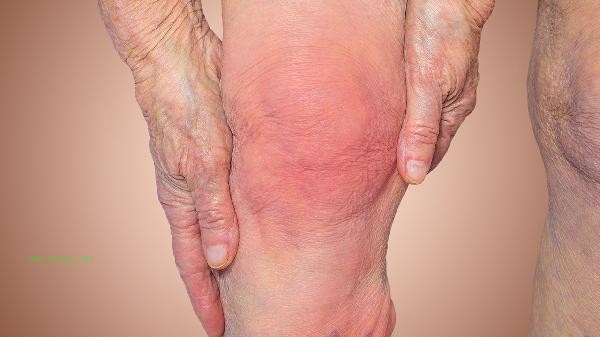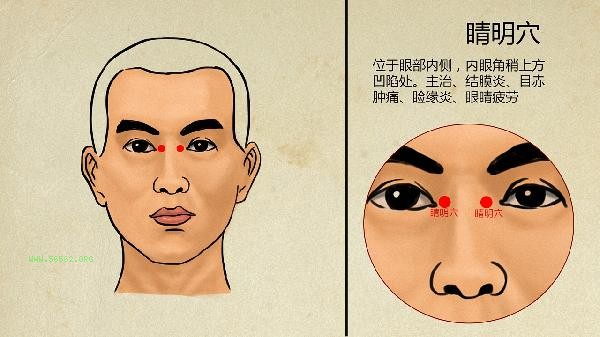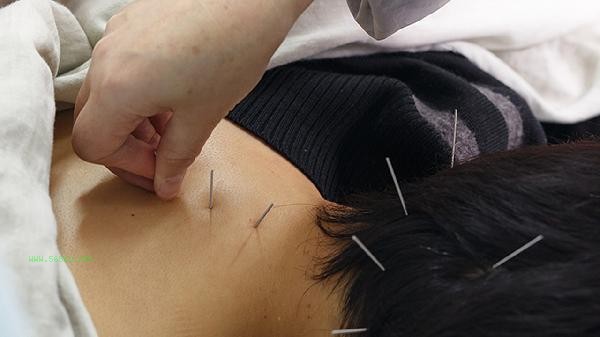Liposuction surgery carries risks that may lead to serious complications and even death, mainly related to improper surgical procedures, anesthesia risks, and poor postoperative care. Choosing a reputable hospital, experienced doctors, and strictly following postoperative care are key to reducing risks.
1. Improper surgical operation
Liposuction surgery requires doctors to possess superb skills and rich experience. If not handled properly, it may lead to serious problems such as fat embolism, visceral damage, or excessive bleeding. Fat embolism is the entry of fat particles into blood vessels, blocking blood circulation and potentially causing pulmonary or cerebral embolism, which can be life-threatening. Internal organ damage such as intestinal perforation, liver injury, etc. may cause infection or massive bleeding. The high-pressure suction equipment used during surgery may also cause excessive damage to tissues and increase the risk of complications. Choosing experienced doctors and reputable medical institutions can effectively reduce surgical risks.
2. Anesthesia Risk
Liposuction surgery usually requires general anesthesia or local anesthesia, and anesthesia itself carries certain risks. General anesthesia may cause respiratory depression, arrhythmia, or allergic reactions, and in severe cases, may lead to cardiac arrest. Excessive local anesthesia may also lead to toxic reactions, affecting the central nervous system. Patients need to undergo a comprehensive physical examination before surgery to assess anesthesia risks and ensure that their physical condition is suitable for the surgery. The professional level of anesthesiologists and the safety of equipment are also important factors affecting anesthesia risks.
3. Poor postoperative care
Improper postoperative care may lead to complications such as infection, thrombosis, or skin necrosis. Infection may be caused by improper treatment of surgical wounds or poor postoperative hygiene conditions, and in severe cases may progress to sepsis. Thrombosis is caused by prolonged bed rest after surgery, which leads to poor blood circulation and may trigger pulmonary embolism. Skin necrosis is caused by excessive damage to skin tissue during liposuction, which affects blood supply. After surgery, it is necessary to strictly follow the doctor's nursing advice, keep the wound clean, engage in appropriate activities, undergo regular check ups, and promptly detect and handle any abnormal situations.
4. Patient's own factors
The patient's own health condition is also an important factor affecting the risk of liposuction surgery. Chronic diseases such as obesity, hypertension and diabetes may increase the risk of surgery and anesthesia. A comprehensive physical examination is required before surgery to assess the patient's physical condition and ensure suitability for the surgery. psychological factors cannot be ignored. Before surgery, it is necessary to fully understand the surgical risks and expected outcomes to avoid excessive psychological pressure affecting postoperative recovery. Although liposuction surgery can quickly improve body shape, there are certain risks that need to be carefully selected. Choosing a reputable hospital with extensive experience and strict adherence to preoperative and postoperative care is the key to reducing risks. Patients need to fully understand the surgical risks, be mentally prepared, and ensure the safety and effectiveness of the surgery.









Comments (0)
Leave a Comment
No comments yet
Be the first to share your thoughts!